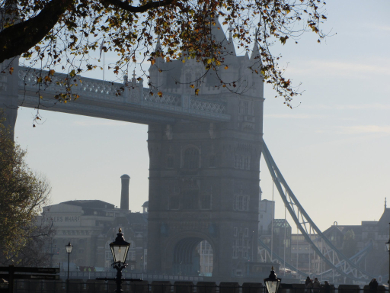Justus von Liebig was admired in the United Kingdom of the 1840s. In the days of industrialization, Liebig’s chemistry promised to increase yields in agriculture and thus provide enough food for the growing population. In his laboratory in Gießen, Germany, Liebig educated many well-known chemists, including August Kekulé, Carl Remigius Fresenius, and Joseph von Scherer, who later founded the field of clinical chemistry, as well as August Wilhelm Hofmann. The British also wanted to have such a “chemist factory” in England, Brigitte Osterrath, scientific writer, Germany, found out. She talked to science historians such as Frank James, Royal Institution of Great Britain, UK.
In 1845, the Royal College of Chemistry was founded in London. Here, young scientists were supposed learn how to experiment in the laboratory and, for example, analyze plants, water, and soil. A German was to head the new university. But neither Liebig himself nor his contemporaries Robert Wilhelm Bunsen, a professor in Marburg, or Heinrich Will, who later became Liebig’s successor in Gießen, wanted to go to London. The choice finally fell to the just 28-year-old August Wilhelm Hofmann, whom Liebig had recommended.
Hofmann had been a private lecturer for chemistry at the University of Bonn, Germany, for one year. He had traveled a lot and was very good at speaking foreign languages. Hofmann accepted the London offer and introduced chemistry on a large scale there. The Royal College of Chemistry was a British college in the style of a technical college. Hofmann taught practical things, in particular. Most of his students later became farmers, pharmacists, or consultants who solved chemical-technical problems for industrial companies. Nevertheless, Hofmann changed the science scene in the UK enormously.
Already in the 1790s, there was a so called Chemical Club consisting of about 15 members, meeting for dinner and discussing chemistry in a typical English style. The Chemical Society of London probably originated from such a dinner club. It was founded in 1841 with 77 members and later formed the present Royal Society of Chemistry (RSC) together with other organizations. After his return to Germany in 1865, Hofmann was involved in founding a chemical society there. In 1867, the Deutsche Chemische Gesellschaft zu Berlin was founded, following the example of the Chemical Society of London.
- Bei den Briten abgeguckt,
Brigitte Osterath,
Nachr. Chem. 2017, 65, 157–160.
DOI: 10.1002/nadc.20174059217




